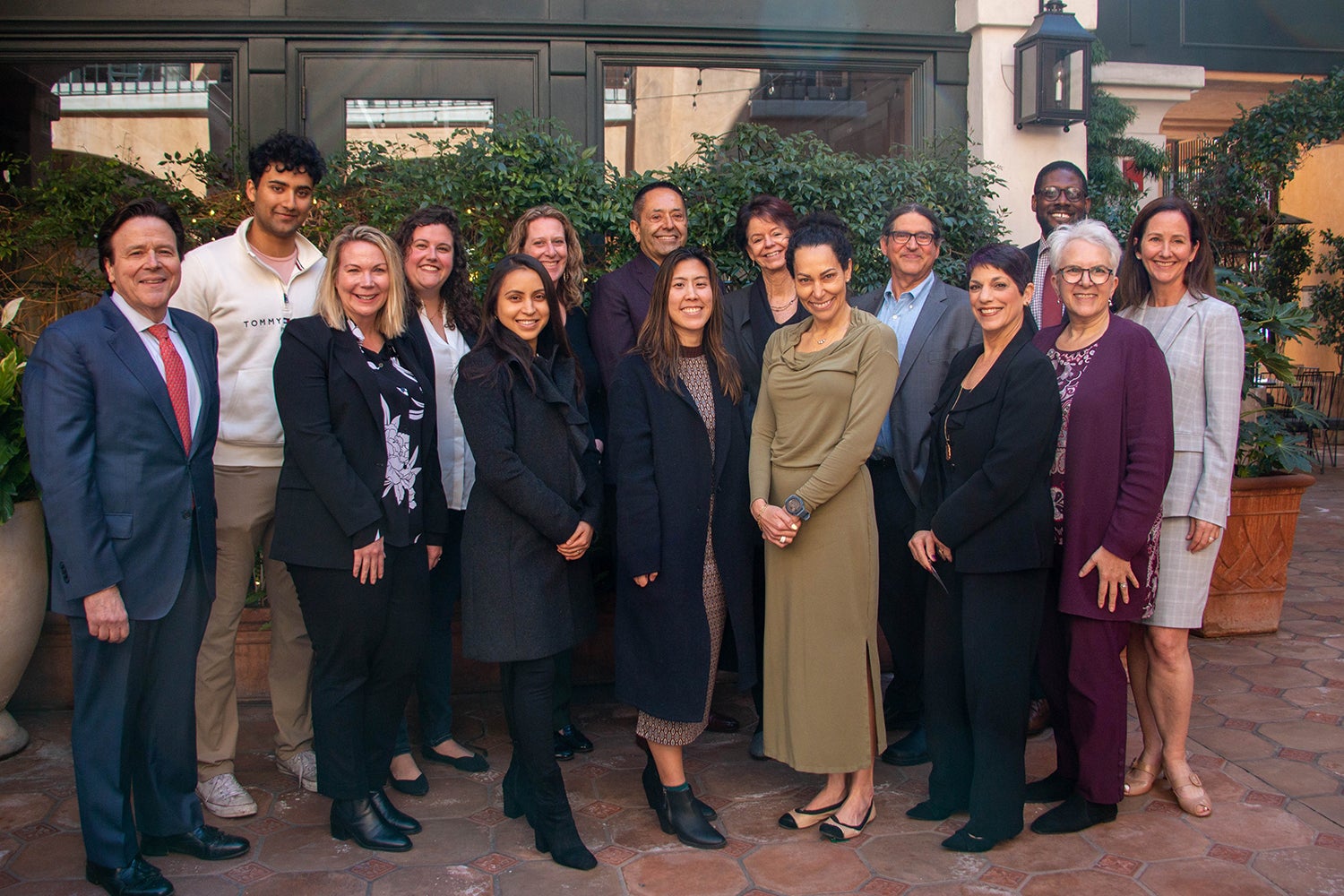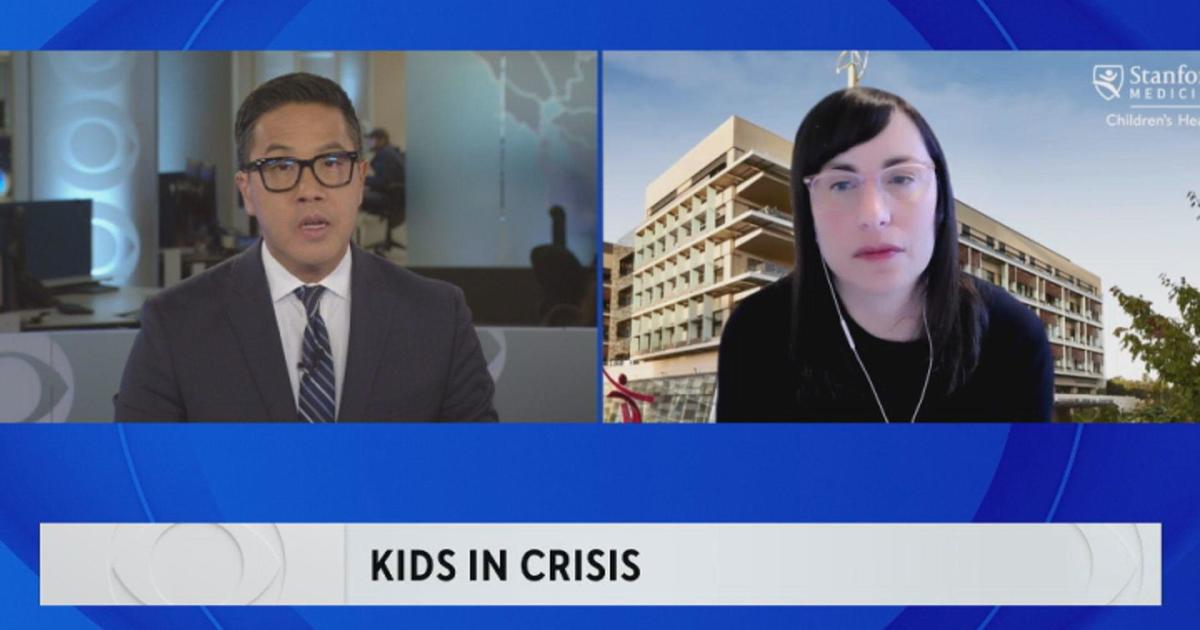News Mentions for the week of March 6, 2023
Our experts are often called upon to provide insight on current events and topics in the news. Here are some of the articles Stanford Psychiatry faculty have been interviewed for in recent weeks.
- KCBS Radio
Thousands of Americans face health problems due to daylight saving time
Daylight Saving Time arrives this weekend, and with it, some sleepy days to come. KCBS Radio speaks with Rafael Pelayo, clinical professor of psychiatry and behavioral sciences.
- San Francisco Chronicle
Daylight-saving time is back. Here are four ways to help your body and brain adjust
Daylight-saving time begins Sunday. Here’s how it affects your health, and what sleep specialists say you should do before, on, and after Sunday to reset your circadian rhythm. Rafael Pelayo, clinical professor of psychiatry and behavioral sciences, provides comment.
- Washington Post
Trend has major implications for the future of criminal justice reform
The latest data shows that the Hispanics experience of criminal justice and law enforcement is becoming increasingly similar to that of Whites. This little-noticed trend has major implications for the future of criminal justice reform. Keith Humphreys, the Esther Ting Memorial professor of psychiatry and behavioral sciences, writes this opinion piece for the Washington Post.
- MPR News
Call To Mind: Seeking Connection
MPR News shares “Seeking Connection,” a special broadcast from Call to Mind, American Public Media’s initiative to foster conversations about mental health. The special explores the relationship between loneliness, mental health, and the power of social connections. Elias Aboujaoude, clinical professor of psychiatry and behavioral sciences, is interviewed.
- CNN
Go ahead and sigh. It's good for you
Sighing is often associated with sadness or frustration, but it's actually good for you. Here's why. David Spiegel, the Jack, Lulu, and Sam Willson Professor and associate chair of psychiatry and behavioral sciences, provides comment.
- Stanford Report
2023 Stanford Community Partnership Awards announced
Partnerships between Stanford and community entities were recognized March 3 for their sustained work to support youth mental health, the needs of domestic violence survivors, and adaptation in the frontline communities that will be most impacted by climate change. Congratulations to all involved with the Stanford Redwood City Sequoia School Mental Health Collaborative - an award recipient this year - including the Redwood City School District, the Sequoia Union High School District, the John W. Gardner Center for Youth and their Communities, and the Center for Youth Mental Health and Wellbeing at Stanford.
- CBS News 5
Kids in Crisis: Mental health in teenage girls
A CDC study shows teen girls in the U.S. experience more violence, suicidal thoughts and mental health challenges compared to teenage boys. CBS News Bay Area anchor Ryan Yamamoto asks Michele Berk, assistant professor of psychiatry and behavioral sciences, about the reasons behind that, the signs that parents can look out for, and when they should say something to their child.
- The Scientist Magazine®
The Heart Can Directly Influence Our Emotions
Researchers find that an increased heart rate can induce anxiety in mice, given the right context. Karl Deisseroth, the D. H. Chen professor of bioengineering and of psychiatry and behavioral sciences, is quoted.
- CBS News 5
Kids in Crisis: Mental health resources
Steven Adelsheim, director of the department's Center for youth mental health and well-being and clinical professor of psychiatry and behavioral sciences, discusses the need for access to mental health resources, how they're meeting the need, and how families can get started.
- Consumer Reports
Smartphone Settings to Help You Sleep
Consumer Reports shares the iPhone and Android phone features and settings that can help you get a good night's rest. Jamie Zeitzer, professor of psychiatry and behavioral sciences, is quoted.
- Psychiatry Online - Psychiatry Unbound podcast
Companion Animals
In this 22nd episode of "Psychiatry Unbound," Nancy R. Gee, editor of "The Role of Companion Animals in the Treatment of Mental Disorders" sits down with Laura Roberts, Chairman and Katharine Dexter McCormick and Stanley McCormick Memorial Professor of psychiatry and behavioral sciences and APA Books Editor-in-Chief, to go between the covers of this fabulous book -a passion project for Nancy and the contributors- which examines the therapeutic bond between humans and animals. Gee also discusses her work at the Centre for Human Animal Interaction at VCU.
- Yahoo/CBS 5
Kids in Crisis: Talking about violence
Following the deadly stabbing of a student on a North Bay school campus, Mari Kurahashi, clinical associate professor of psychiatry and behavioral sciences, discusses how events like these affects the minds of children, the signs of trauma, and steps parents can take to support their children
- Psychiatric News
Special Report: Bipolar Disorder II—Frequently Neglected, Misdiagnosed
Unlike its cousin, bipolar I disorder, which has been extensively studied and depicted in popular literature and on screen, bipolar II disorder is poorly understood, underdiagnosed, and insufficiently treated. This has often resulted in an over 10-year delay in diagnosis. Trisha Suppes, professor of psychiatry and behavioral sciences, writes this special report with colleagues.
- KCRA
Ketamine clinics are popping up across California, but some question the treatment’s safety
Ketamine is an FDA-approved anesthetic used in hospitals, but on the streets, it's sometimes used as an illegal party drug, taken for its psychedelic effects. Now, ketamine clinics are popping up across Northern California, from Sacramento all the way to the Sierra. Doctors are legally administering the drug "off-label" to help people with treatment-resistant depression. But some skeptics warn this unregulated treatment option may not be safe for everyone. Smita Das, clinical associate professor of psychiatry and behavioral sciences, provides comment.












